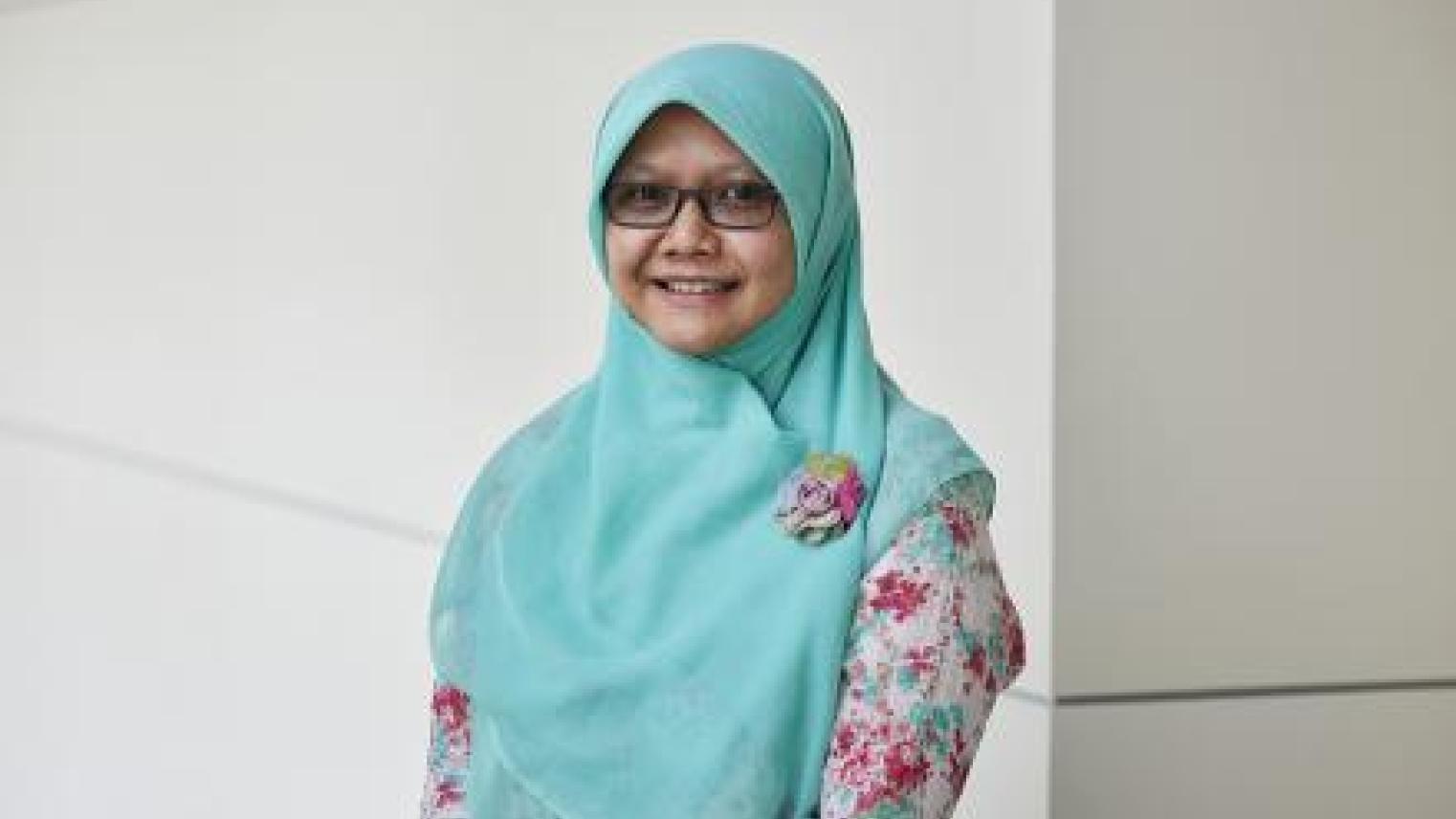For the love of forests

We caught up with our recent postdoctoral fellow, Depi Susilawati to hear about her love for forestry, her current research work at RegNet and what it feels to be part of the latest cohort of ANU graduates.
Tell us a little about yourself and how did your interest in forestry and sustainability begin?
I am an interdisciplinary social researcher with a background in forest policy and governance from the ANU Fenner School of Environment and Society. My love for forestry started at an early age - I was born and raised in a remote village in Indonesia, surrounded by rice fields and forests.
My parents, who are teachers, spend their lives managing our ancestor’s land, protecting and conserving the trees and forests based on traditional knowledge passed down by generations. They have not been to any World Forestry Congress that repeatedly discusses the dynamic interplay between forests and people, and how to manage forests sustainably.
Yet, I still remember my father advising me that working in the forestry sector is an eternal and noble work. His reason was simple yet meaningful, “if you take care of the forests wisely, the forests will take care of you.” That is when I found myself keen to study forestry and environmental regulation and governance as these are crucial components in achieving sustainability.
What is your current research at RegNet focused on?
My current research seeks to examine the effectiveness of Jurisdictional Approach —one that would involve the government’s authority to make and enforce land-use policies and apply those policies throughout a jurisdiction— in achieving deforestation-free palm oil supply chains in Indonesia, and assess their alignment vertically with national initiatives and horizontally within the jurisdiction. Jurisdictional Approach initiatives are designed to accelerate the transformation toward sustainability in the palm oil sector across the spatial extent of a sub-national administrative jurisdiction, such as a province or district.
In this project, I will be conducting interviews and consultations with key stakeholders in Jakarta and Bogor to identify a case study at the sub-national level that has applied a Jurisdictional Approach to achieve zero deforestation in Indonesia’s palm oil sector.
Tell us more about your thesis
My PhD thesis, Regulating the journey of timber: legality and sustainability governance in Indonesian wood value chains explores the architecture and implementation of Timber Legality and Sustainability Verification System (in Bahasa Indonesia, Sistem Verifikasi Kayu dan Kelestarian – SVLK). This thesis also investigates actors’ compliance with SVLK in Indonesian wood value chains and explores the implications of the results for forest governance in Indonesia. It draws on the concepts of transnational experimentalist regimes, smart regulation, and holistic compliance, and interactions between public and private governance. I used a value chain framework to structure case study investigations of three wood value chains representing the different forest resources bases in Indonesia, viz. natural, plantation, and private smallholder forests.
What are the highlights and challenges of your PhD journey?
Accessibility to large-scale tree plantations and concession forest companies are challenging, especially when my research involves legality and sustainability compliance issues. Being the only female among all field forestry officers in a male dominated industry also comes with its own set of challenges.
Field trips can be interesting and memorable in their own ways. Once, I was on a boat trip to reach a native forest and during the long ride, the boat almost flipped over when it passed by the rapid streams!
As English is not my native language, I struggled with writing scientific articles. Whenever I felt stressed and frustrated, I always tried to give myself a break – by cooking and inviting friends over for meals, watching movies or having getaways to the South Coast. I was very lucky to have a positive support system from my husband, son and friends.
Any advice for potential students who are thinking of embarking on a PhD?
To me, my PhD journey is like a rollercoaster, full of ups and downs, twists and turns. The Iceberg illusion shows us that success is like an iceberg – when people see achievements, they often do not see the struggles behind the success. Persistence, dedication, hard work, and good habits are important, and so is being ready to face disappointments along the way. Despite all the pains, always remember that there is a rainbow at the end of the finish line. So, keep going in pursuing your dreams!